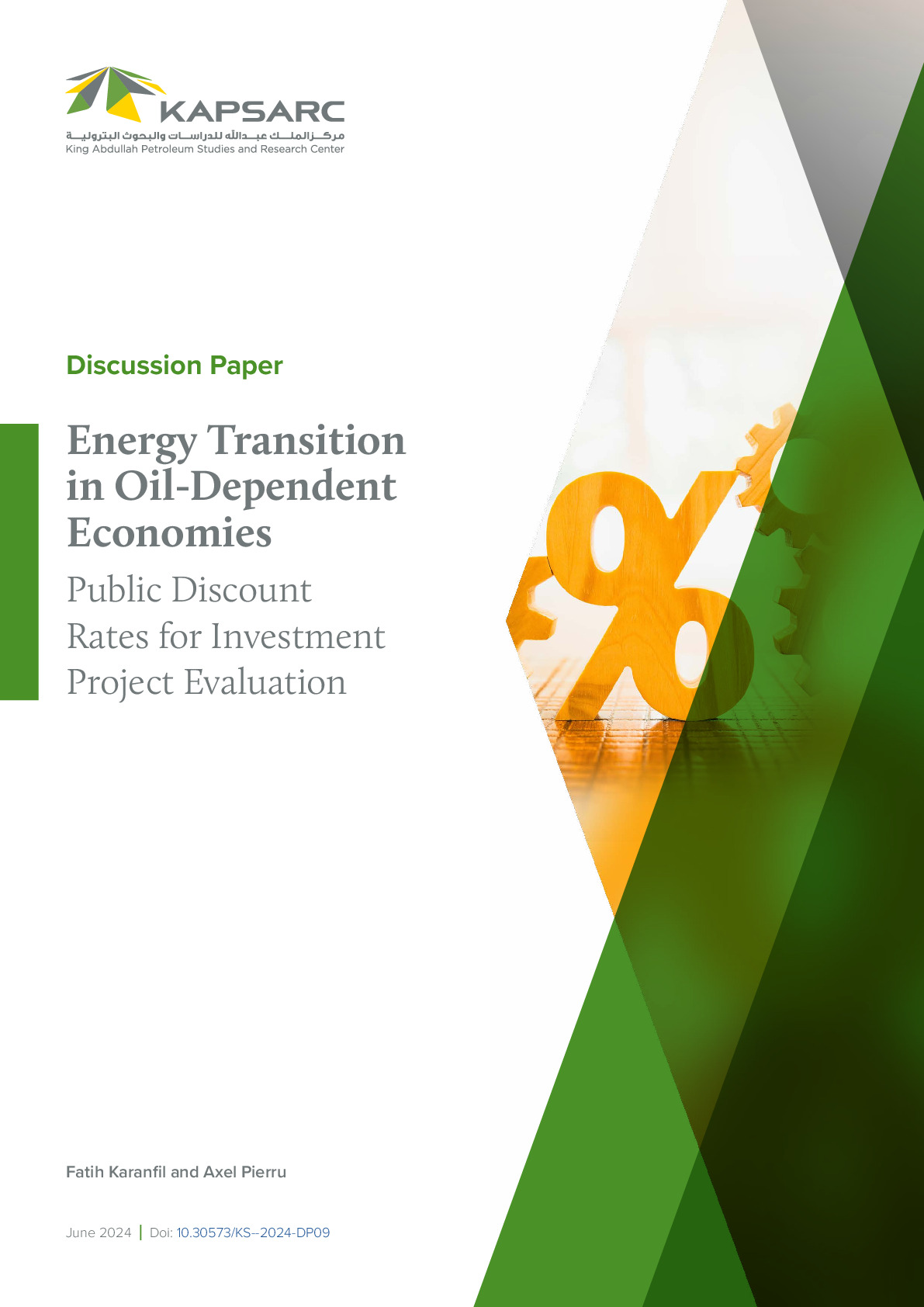After 50 years of development, building and solving mixed-complementarity problems (MCPs) have become commonplace for policy models that analyze markets. These models are used to develop policies that reshape markets, or introduce markets that replace other organizational forms. In this tutorial, we give some background on building economic equilibrium models, starting with the use of linear programming, and show how MCPs can be used to answer policy questions that require manipulation of the solutions to linear programs of economic sectors. We illustrate the use of MCPs using examples from King Abdullah Petroleum Studies and Research Center projects, including a model of domestic energy markets in Saudi Arabia, which is in the process of changing some of its pricing policies and market regulations. © 2016 The Author(s).

Frederic Murphy
Visiting Researcher
Frederic is professor emeritus, Fox School of Business, Temple University, where he taught for 30 years. He was a visiting…
Frederic is professor emeritus, Fox School of Business, Temple University, where he taught for 30 years. He was a visiting researcher fellow at KAPSARC where he is participating in the development of energy models and writing policy analyses in a range of areas, including domestic energy use in Saudi Arabia, market power in world oil markets, designing and managing income stabilization funds, and China's and India's energy economies. He works mainly in the area of energy-market forecasting and energy policy analysis. Prior to joining Temple, he was at the Energy Information Administration (EIA) of the U.S. Department of Energy and its predecessor, the Federal Energy Administration, where he headed the group that did the economic impact analyses of the bills and laws passed during the Carter administration and developed and ran the forecasting models then used for policy analyses and the forecasts in the EIA Annual Report. He has authored over 100 refereed articles. In one study he was ranked in the 20 most published researchers in his field over a fifty-year span. He was the editor in chief of the journal Interfaces, an area editor for Operations Research, and the Informs Journal on computing, and the Vice President of Publications for INFORMS and its predecessor society, Operations Research Society of America. He has been involved in studying local economic policy issues, including advising the Tax Reform Commission of the City of Philadelphia, estimating the impact on jobs of building casinos in Philadelphia, and political redistricting. He also did a queueing study oil tank vessels on the Delaware River.




